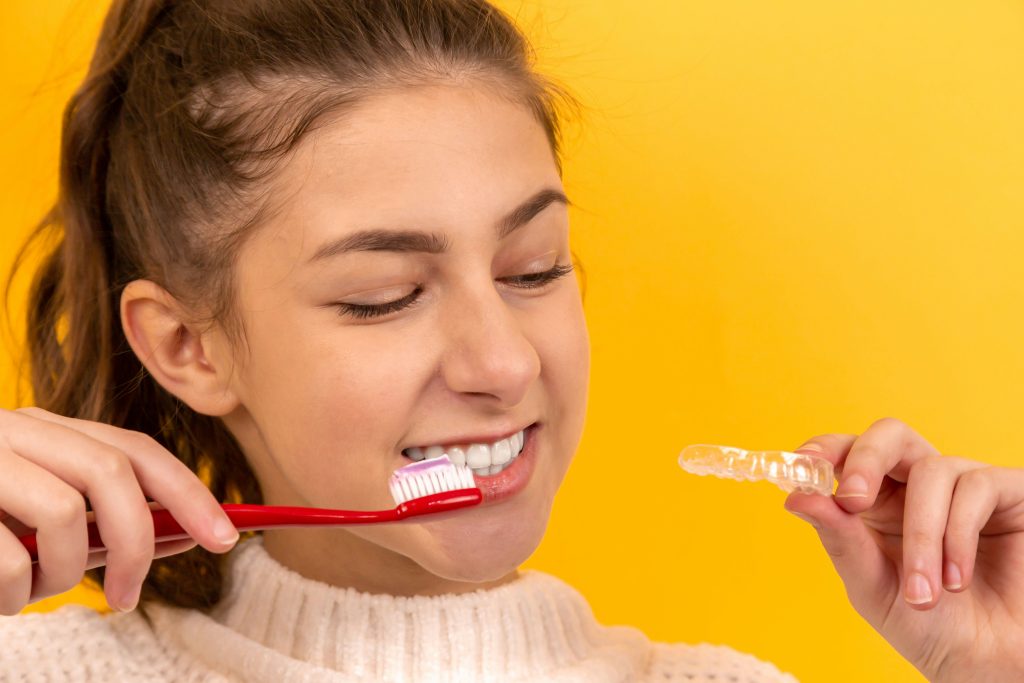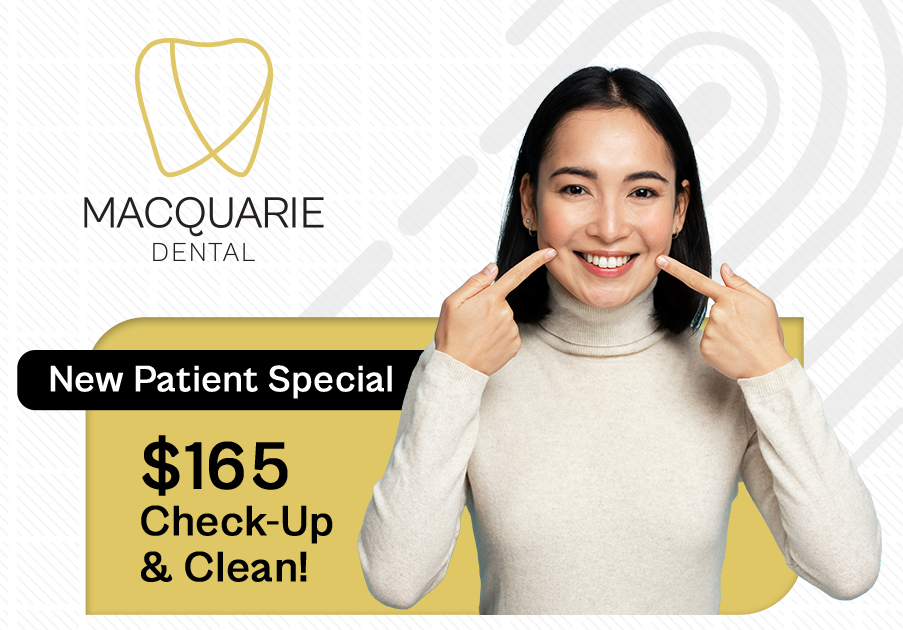Teeth cleaning is essential for maintaining good oral health and leaves your teeth feeling fresh and clean. If you’ve recently had a dental cleaning, you might be wondering when it’s safe to eat afterward. The aftercare differs between regular and deep cleanings, affecting what and when you should eat. Let’s explore the guidelines for both types of cleanings.
Table of Contents
ToggleWhat Happens During a Teeth Cleaning?
During a dental cleaning, a dental hygienist typically performs several steps to improve your oral health:
- Examination: Your mouth is examined for any oral issues.
- Scaling and Polishing: Plaque and tartar are removed using specialised tools.
- Fluoride Treatment: Sometimes applied to prevent cavities and strengthen teeth.
These procedures can leave your teeth and gums temporarily sensitive immediately after the cleaning. Learn more about the process in our guide on how often you should visit the dentist for a check-up.
Dietary Plan After Dental Cleaning
It’s crucial to follow the right aftercare to ensure your gums heal properly. Here’s what to consider after a regular cleaning versus a deep cleaning:
| Aspect | Regular Cleaning | Deep Cleaning |
|---|---|---|
| Immediate Eating Time | Wait about 30 minutes, especially if fluoride was applied. | Wait a few hours to allow gums to start healing. |
| Type of Foods to Eat | Soft, non-acidic foods. | Very soft, non-irritating foods to protect tender gums. |
| Examples of Safe Foods | Smoothies, yoghurt, soup, scrambled eggs, mashed potatoes. | Applesauce, bananas, oatmeal, pasta, cottage cheese. |
| Foods to Avoid | Acidic (citrus fruits, tomatoes), sticky (caramel), hard (nuts). | Spicy foods, seeds, nuts, crunchy vegetables, alcohol. |
| Sensitive Areas | Minimal sensitivity; avoid very hot or cold foods. | Increased sensitivity; opt for lukewarm foods. |
| Eating Tips | Chew gently; avoid staining foods like coffee and red wine immediately after. | Focus on soothing, nutrient-rich soft foods to aid healing. |
| Hydration | Drink plenty of water; rinse your mouth after eating. | Essential to stay hydrated; rinse mouth to wash away food particles. |
| Oral Hygiene | Continue regular brushing and flossing gently. | Maintain gentle oral care; avoid irritating healing gums. |
| Special Considerations | Avoid immediate eating if fluoride was applied; follow dentist’s aftercare instructions. | Follow specific aftercare; consider pain relief if needed. |
Understanding these differences and following the appropriate dietary guidelines after your dental cleaning can promote healing and maintain oral health. If you have specific concerns or questions, consult your dentist in Belconnen for personalised advice.
Read More: How Long Does a Teeth Cleaning Appointment Take?
Read More: Can Oral Health Affect the Heart?
Read More: Understanding Gum Disease: Symptoms, Causes, and Treatments
Frequently Asked Questions (FAQs)
- How long should I wait to eat after a routine cleaning?
You can eat almost immediately, but it’s best to wait about 30 minutes if you’ve had a fluoride treatment to allow it to absorb properly. - Can I drink coffee after a professional teeth cleaning?
It’s advisable to wait at least 30 minutes, especially after fluoride treatment, and avoid staining your freshly cleaned teeth with coffee immediately. - Why are my teeth sensitive after a cleaning?
Cleaning can expose sensitive areas, especially if you have gum recession or enamel wear. This sensitivity is usually temporary. For persistent issues, visit emergency dentistry in Belconnen.
Why Choose Macquarie Dental Care for Your Teeth Cleaning in Belconnen?
For professional and comfortable teeth cleaning, Macquarie Dental Care in Belconnen offers expert care tailored to your needs. Our check-up and clean services in Belconnen ensure your oral health is maintained with the latest techniques and technology. Book your appointment today through our online booking system.



